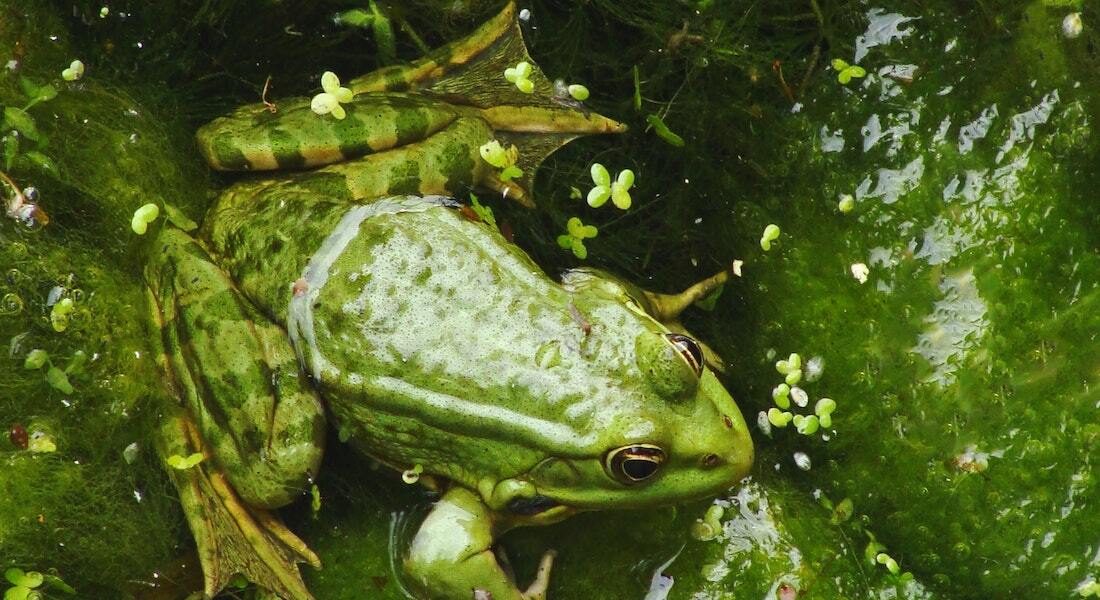Herpetology

Course description
Content
This intensive summer course will be centred around a series of lectures that aim to provide the fundamental background in key topics. This will be followed up by 'case studies' that present scientific work and applied science. Specialists within the different areas will be invited to present their work. Group work and student presentations will also be part of the course as well as 1-2 field excursions. Throughout the course, there will be a strong focus on current research and applied science.
The participants will gain a thorough understanding of amphibian and reptile evolution and biology, allowing them to comprehend the global distribution of herpetological biodiversity and the many ecological niches covered by these animals. We will explore why many reptiles and amphibians are highly threatened, often serving as key species in conservation programmes. The participants will become familiar with applied herpetological tools in the framework of research, monitoring, and conservation management.
Recommended academic qualifications
There are no recommended academic qualifications.
Place
- The University of Copenhagen
- Globe Institute
Contact
University of Copenhagen
Continuing Education and Lifelong Learning
lifelonglearning@adm.ku.dk
